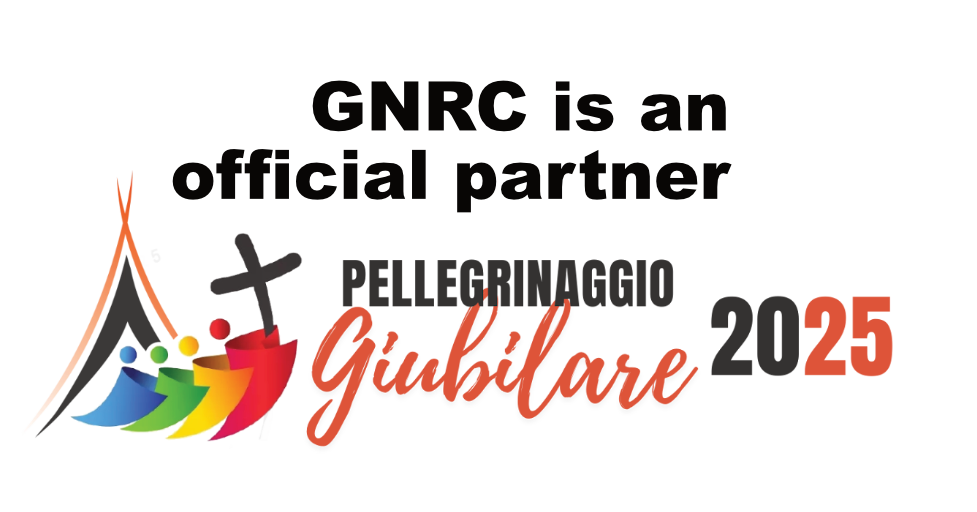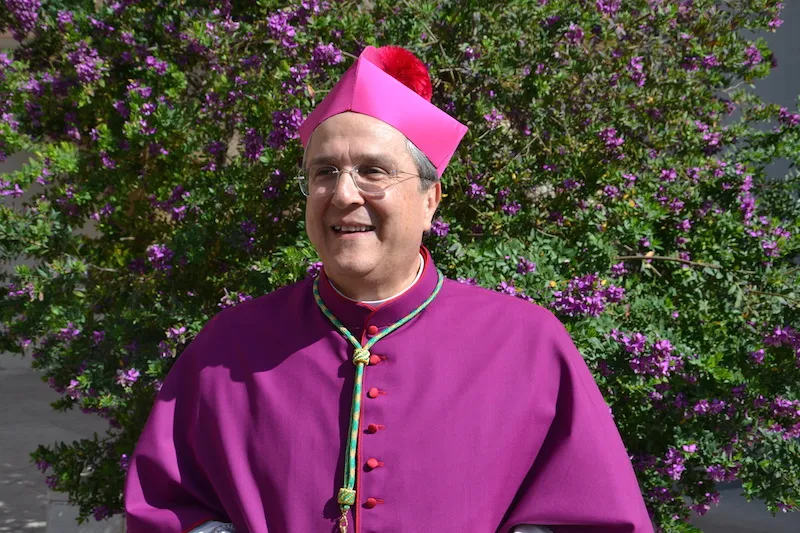Dear friends,
what many of us have been quietly building across Europe is beginning to bear fruit. Our prayers, our testimonies, our patient presence as faithful and hopeful Christians are helping the Church recognise in us a genuine desire to walk in faith.
This week, Bishop Francesco Savino, Vice-President of the Italian Bishops’ Conference, reminded the world that no one should be denied the chance to love and to be loved. Speaking from Cassano all’Ionio, he reflected on his experience presiding at the Jubilee of the LGBTQ+ People in Rome and said:
“They must not be denied the possibility of being loved and of loving, even on an intimate, sexual level. Why should we deny what I define as their right?”
Savino described that Jubilee as “a point of no return for an inclusive pedagogy of the Church.” He called for a renewed dialogue with the human sciences, insisting that anthropology is not static but evolving. “We must leave behind ideological approaches,” he said, “and learn again to accompany.” He denounced the hypocrisy of those who publicly marginalize LGBTQ+ people while privately exploiting or harming them, and urged honesty and compassion as the foundation of Christian witness.
He linked this inclusive vision to Don Tonino Bello’s idea of “conviviality of differences”, adding that “on the communion of diversities depends the maturity of democracy and of the Church itself.” For Savino, inclusion is not an optional kindness but the very manifestation of the Kingdom of God: “When we exclude someone, we wound the body of Christ.”
You might wonder whether this was an isolated act of courage. It was not. Bishop Savino shared that he consulted both Pope Francis and Pope Leo before presiding at the Jubilee, and that both encouraged him to go forward. This gives clear institutional legitimacy to his choice and confirms the growing awareness within the Church that the Spirit is moving in this direction.
Then came one of the most striking moments of the interview. Speaking about doctrine, Savino said:
“I believe that certain truths of faith, or for example our attitude toward our homosexual brothers and sisters, must change, and therefore the Catechism must also clearly register this change of position.”
For a bishop of the Italian Church and vice-president of the CEI, this is extraordinary.
Savino’s vision reaches further still. He calls on the Church to face the great crises of our time with the same openness. He condemns ego, narcissism, and fear as the roots of exclusion, and defends the immigrant as a resource and not a threat. Inclusion, for him, is not a political stance but a Gospel imperative.
For GNRC and its network of communities, this moment is deeply encouraging. It shows that faithful presence, patient dialogue, and courageous love are slowly transforming the Church from within. We have many friends inside the Church who see the light in our lives, who know that our hope is the same hope that sustains them.
Now the question is ours to carry forward. How can we help our local churches see this reality more clearly? How can we show up not as LGBT+ people asking to enter, but as Christians who also happen to be LGBT—people who love, support, and strengthen the communities we belong to?


